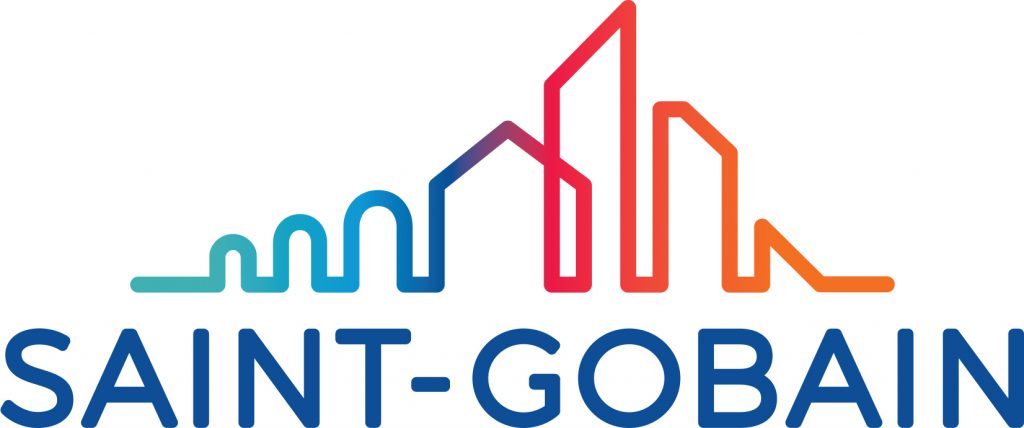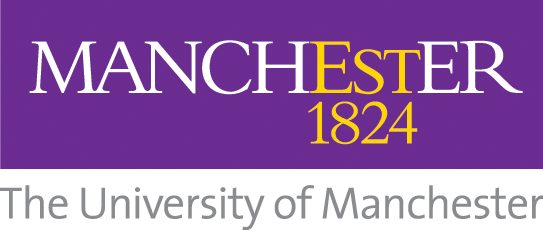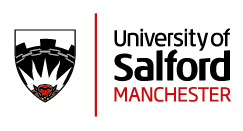Future Homes Project
With £3.54m of support from the UK’s innovation agency, Innovate UK, the Future Homes project aims to create a globally competitive centre for research and innovation in net zero housing in Greater Manchester, by supporting innovators in bringing novel low or zero technologies to market.
Led by Innovate UK on behalf of UK Research and Innovation, the pilot Innovation Accelerator programme is investing £100m in 26 transformative R&D projects to accelerate the growth of three high-potential innovation clusters – Glasgow City Region, Greater Manchester and West Midlands. Supporting the Government’s levelling-up agenda, this is a new model of R&D decision making that empowers local leaders to harness innovation in support of regional economic growth and help attract private R&D investment and develop future technologies.
The Future Homes project will run until March 2025 and is being delivered by a partnership between Barratt Developments, Bellway Homes, the Energy Innovation Agency, Q-bot, RED Cooperative, RSK Environment, Saint-Gobain, The University of Manchester, and the University of Salford. Central to the project are the unique research and testing facilities at the University of Salford.
There are several themes to the Future Homes project represented through a number of ‘Work Packages.’
Work Packages 1: New Build and 2: Retrofit
Innovators will be able to access academic expertise and the unique facilities at the University of Salford Energy House Labs to test and verify their technologies. The aim is to support innovative products that are at Technology Readiness Levels 4-6 and to accelerate their development and progress towards market launch.
The Centre for Atmospheric Science at The University of Manchester will support this Work Package with their expertise in indoor air quality, which is an increasingly important issue as mechanical ventilation becomes more common in homes, with novel emerging pollution sources associated with new building materials and construction techniques. The Acoustics research team at the University of Salford will also be supporting the exploration of noise issues associated with low carbon technologies (e.g., heat pumps).
RSK Environment will play a key role in this Work Package by building ‘digital twins’ of the Barratt Developments/Saint-Gobain and Bellway houses that are currently in Energy House 2.0. This will allow a rapid evaluation of the energy/carbon saving potential of any new technology, and to allow calibration of the digital energy models with the Energy House 2.0 test results.
Work Package 2 runs parallel to Work Package 1 and is concerned purely with retrofit technologies and will make use of the Salford Energy House.
For more information, please contact:
- Testing and product development in Energy House Labs: energyhouselabs@salford.ac.uk
- Air quality: Prof Gordon McFiggans, g.mcfiggans@manchester.ac.uk
- Digital twins: Jason Richards, Jason@zed-uk.com, an RSK company
Work Package 3: Digital Delivery
Q-bot and Red are leading this Work Package to develop a rapid digital assessment tool for retrofit. Using a suite of data input sources such as historical energy performance, geographical location, building type, physical surveys, etc., the aim is to develop a user-friendly app that provides an integrated retrofit solution for any household.
For more information, please contact:
- Tom Lipinski, tom@q-bot.co
- Charlie Baker, charlie@red.coop
Work Package 4: Material Sustainability
There is a growing realisation of the importance of the ‘embedded carbon’ of construction products; many common construction materials (bricks, cement, metals, and polymers) require large amounts of energy in their manufacture, giving rise to significant carbon emissions and other environmental impacts. Achieving net zero solutions will require a deeper understanding of whole product lifecycle (manufacture, use, reuse, and disposal) to design systems that avoid unintended consequences. This Work Package, led by the Sustainable Materials Innovation Hub at The University of Manchester, will support innovators to develop low impact construction products, examining key issues such as recycling/reuse and utilisation of more sustainable raw materials and manufacturing practices.
For more information, please contact:
- Prof. Michael Shaver, michael.shaver@manchester.ac.uk
- Dr. Juan Ferriz-Papi, j.a.ferriz-papi@salford.ac.uk
Work Package 5: Innovation Support
The Energy Innovation Agency will work with small and medium sized business to accelerate product development by providing a roadmap to commercialisation together with in-depth advice and support on key issues such as funding, investment, sales, and marketing. This Work Package will also link innovators with the technical support and facilities available in Work Packages 1, 2, and 4.
For more information, please contact:
- Gary Bateman, gary.bateman@energyinnovationagency.co.uk
Work Package 6: Policy
This Work Package is led by the Tyndall Centre at The University of Manchester and will come at the end of the project. It will explore the national and local policy frameworks and recommend changes for a more sympathetic framework in the drive towards net zero homes. The review will take into account the findings from other Work Packages, the existing national and regional net zero and housing policies, and the wider policy issues that impact net zero, such as product safety and standards, levelling up, waste management, air quality, and digital services.
For more information, please contact: Prof. Maria Sharmina, maria.sharmina@manchester.ac.uk









